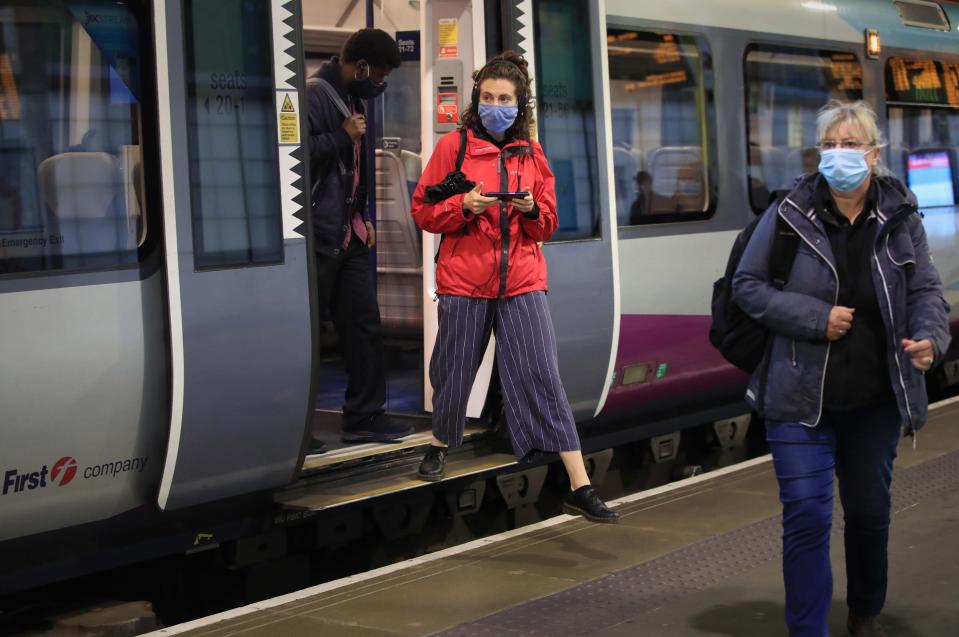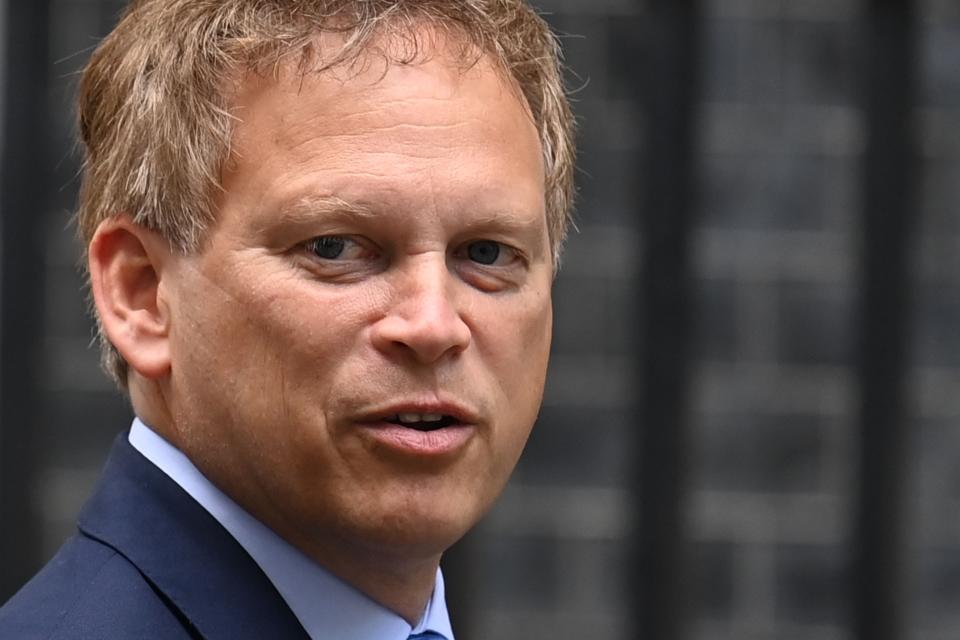Rail firms will be penalised for running late and dirty trains, says Grant Shapps

Britain’s train companies will be punished financially for running late or dirty trains, as the government announced the end of the rail franchising system which has held for 25 years.
Transport secretary Grant Shapps said a new system would see payments withheld from any private operator that fails to meet new performance targets.
“With the old system you could fail to run trains on time a huge amount of the time and still earn profits for doing so,” said the minister — adding that future payment would only be given “when they do their job and do it really well”.
Mr Shapps pledged that management contracts would be set up in such a way as to incentivise trains being both clean and on time.
“If they don’t get people there on time, if they don’t run a clean service that people can be confident in, then they won’t get that management fee, so there’s a huge incentive,” he said.
Operators have been moved to “transitional contracts” ahead of the creation of a “simpler and more effective structure”, which will be developed over the coming months, the Department for Transport (DfT) said.
The existing franchise contracts were suspended in March when passenger numbers plummeted due to the coronavirus lockdown. About £3.5bn was spent on emergency agreements to keep services running.
The DfT announced on Monday that temporary contracts would be extended for another 18 months, but a brand new system would replace them.
It effectively scraps the franchise system introduced during the privatisation of the railways in the mid-1990s.

The government’s announcement on the future control of rail services was criticised by both Labour and trade unions — prompting fresh calls for public ownership.
Tan Dhesi, Labour’s shadow rail minister, welcomed the extension of emergency funding but claimed it was “completely unacceptable” that taxpayers will continue to pay “hundreds of millions of pounds” in management fees to private companies.
He added: “These agreements paper over the cracks of a broken rail system. It’s time to put passengers before profit and bring our rail franchises back into full public ownership.”
Rail, Maritime and Transport (RMT) union general secretary Mick Cash urged the government to “ditch its obsession with the free market and call to a halt any attempts to reanimate the corpse of rail privatisation”.
He continued: "Public ownership is the only model that works and can steer us through a crisis such as Covid-19.”
Transport Salaried Staffs’ Association general secretary Manuel Cortes said: “Sadly, it looks like the government is once again kicking into the long grass what to do with our railways, and instead of grasping the nettle is opting for transitional measures which prop up the status quo.”
But the announcement was welcomed by the rail industry. FirstGroup chief executive Matthew Gregory said: “We have long advocated for a more sustainable long-term approach to the railway, with passengers at its centre, and we look forward to working constructively with the DfT to make this a reality.”
Mr Shapps said: “The model of privatisation adopted 25 years ago has seen significant rises in passenger numbers, but this pandemic has proven that it is no longer working.
“Our new deal for rail demands more for passengers. It will simplify people’s journeys, ending the uncertainty and confusion about whether you are using the right ticket or the right train company.”
Read more
Rail privatisation ends as taxpayer picks up coronavirus costs of running empty trains
Record number of trains arrive on time during coronavirus pandemic

 Yahoo News
Yahoo News 